We caught up with the brilliant and insightful Emma Larkin a few weeks ago and have shared our conversation below.
Emma, thanks for taking the time to share your stories with us today Can you talk to us about a project that’s meant a lot to you?
Over the last couple years I’ve done a few large projects for trans people, and I find these kinds of tattoos really inspiring. I think one of the most powerful things that getting tattooed can do for people is to help them feel more at home in their own bodies and more completely themselves. Especially for people who are going through major life changes, it can be very affirming to have something that speaks to your identity that you can wear on your skin every day. Tattoos play a big role in helping us come to terms with our pasts and appreciate how our paths have led us to become who we are today, and it’s really rewarding to see the joy that someone gets from wearing art on their body that speaks to their true self.
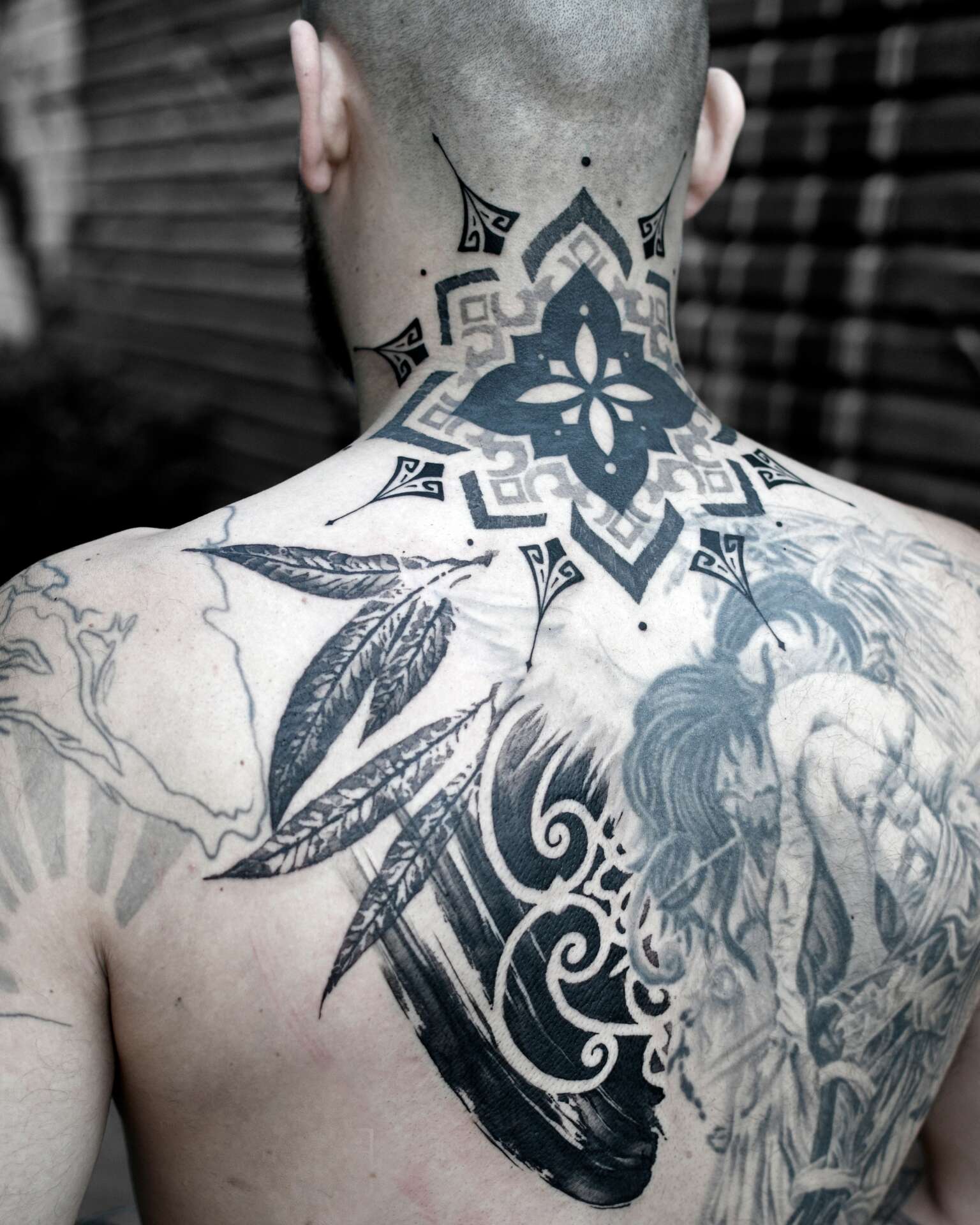
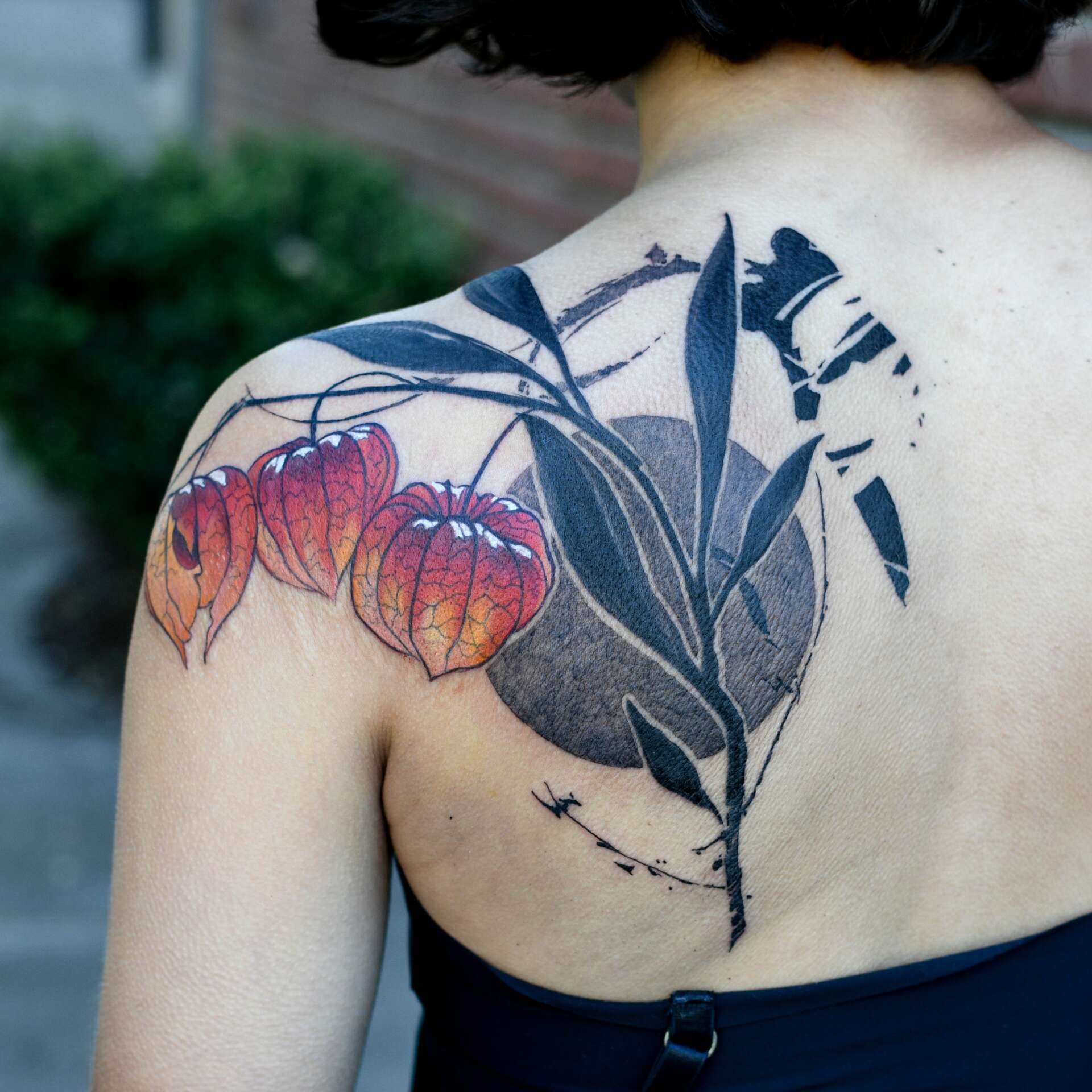
Great, appreciate you sharing that with us. Before we ask you to share more of your insights, can you take a moment to introduce yourself and how you got to where you are today to our readers
I’ve been drawing since I was a kid. I’ve always loved to draw and as I got older I would take as many art classes as I could. I studied painting and sculpture in college, along with philosophy, which opened some doors for me mentally, in terms of my outlook on life and how I relate to the world. After school I spent some time traveling and that’s when I got into tattooing. At first it was just a way to make some money, to avoid the whole starving artist lifestyle and actually be able to afford paints and canvases and all that, but as soon as I started doing it I realized what a unique and special art form tattooing is. It’s one thing to paint on a canvas, but when you talk about tattoos there’s the added element of the other person, and all of a sudden the whole act of creation becomes about these relationships; their relationship with themselves, with you, with larger ideas that they feel reflect some part of their identity or pay tribute to some experience that they’ve had. Everything you create in tattooing is simultaneously about this person and their relationships, and about the body- both as a form and as a living, moving, changing thing. My in-depth understanding of the experience as a whole allows me to connect with my clients on an emotional level while my fine arts background informs the work on an aesthetic level. I’m always learning, always growing and changing, and I see each project as a challenge to do the best I possibly can. This is the attitude that I bring to my studio also, and to the apprentices I’ve trained over the years – tattooing is not just a job or a drawing, it’s about the people and this big web of interactions and experiences that we weave together over time.
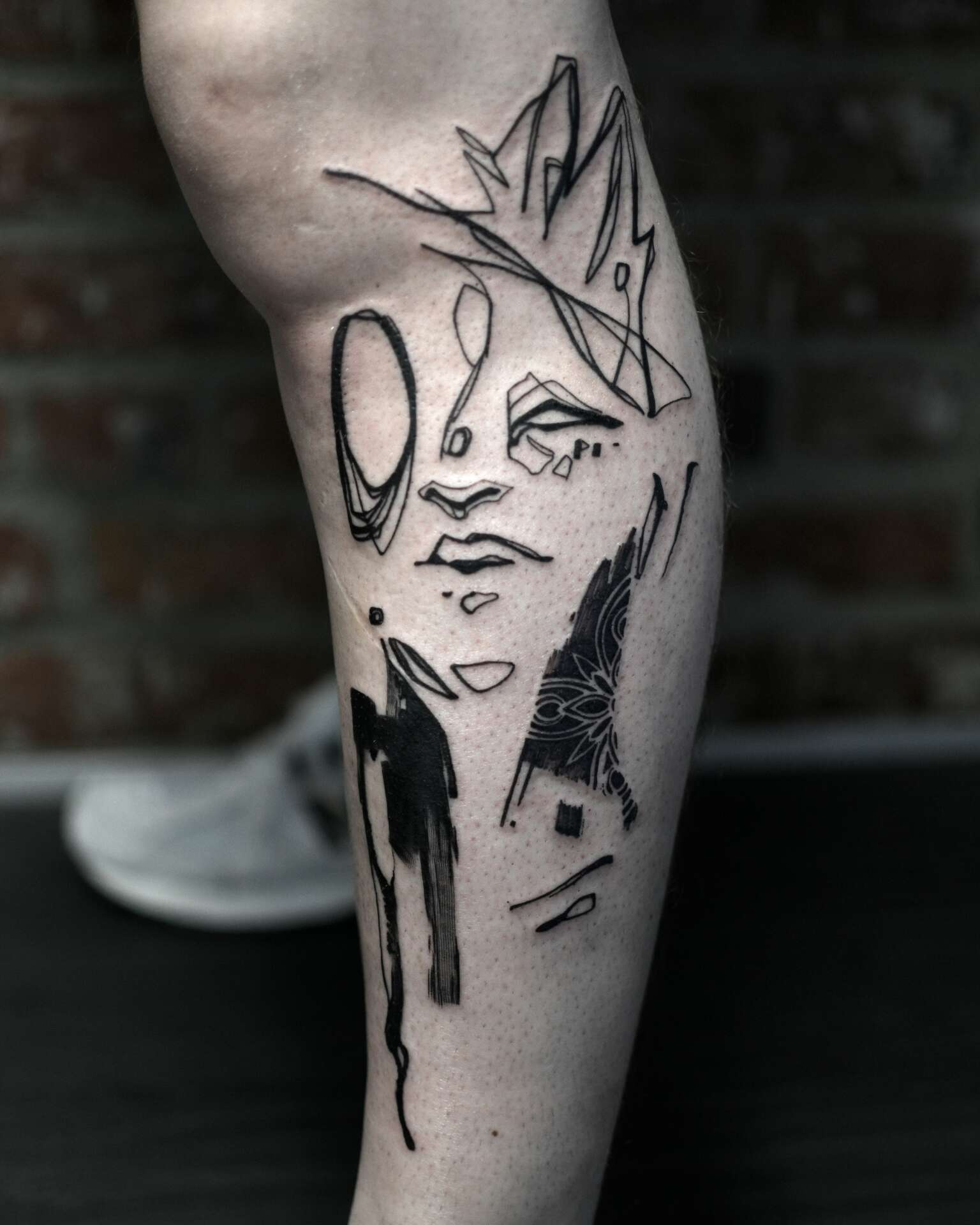
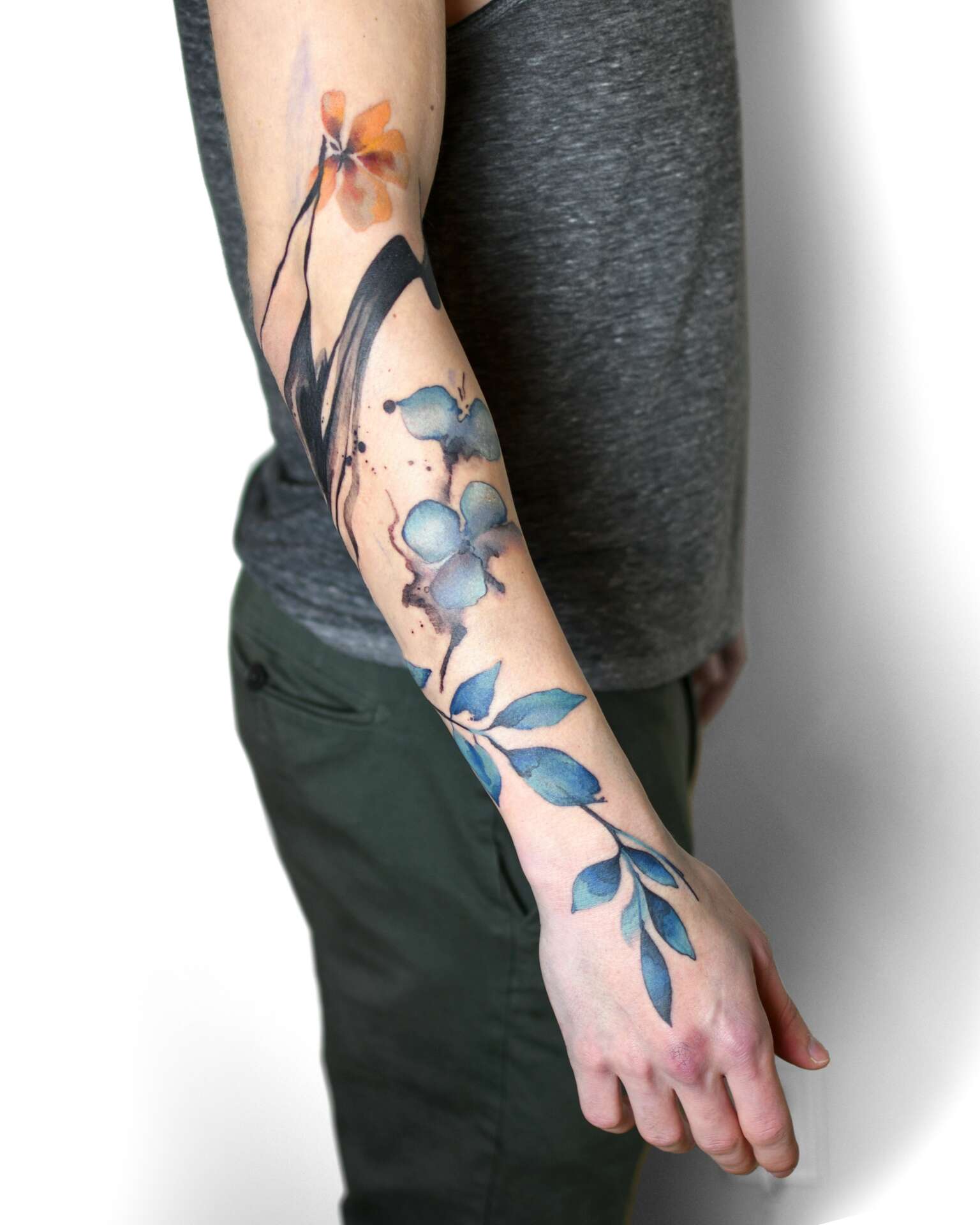
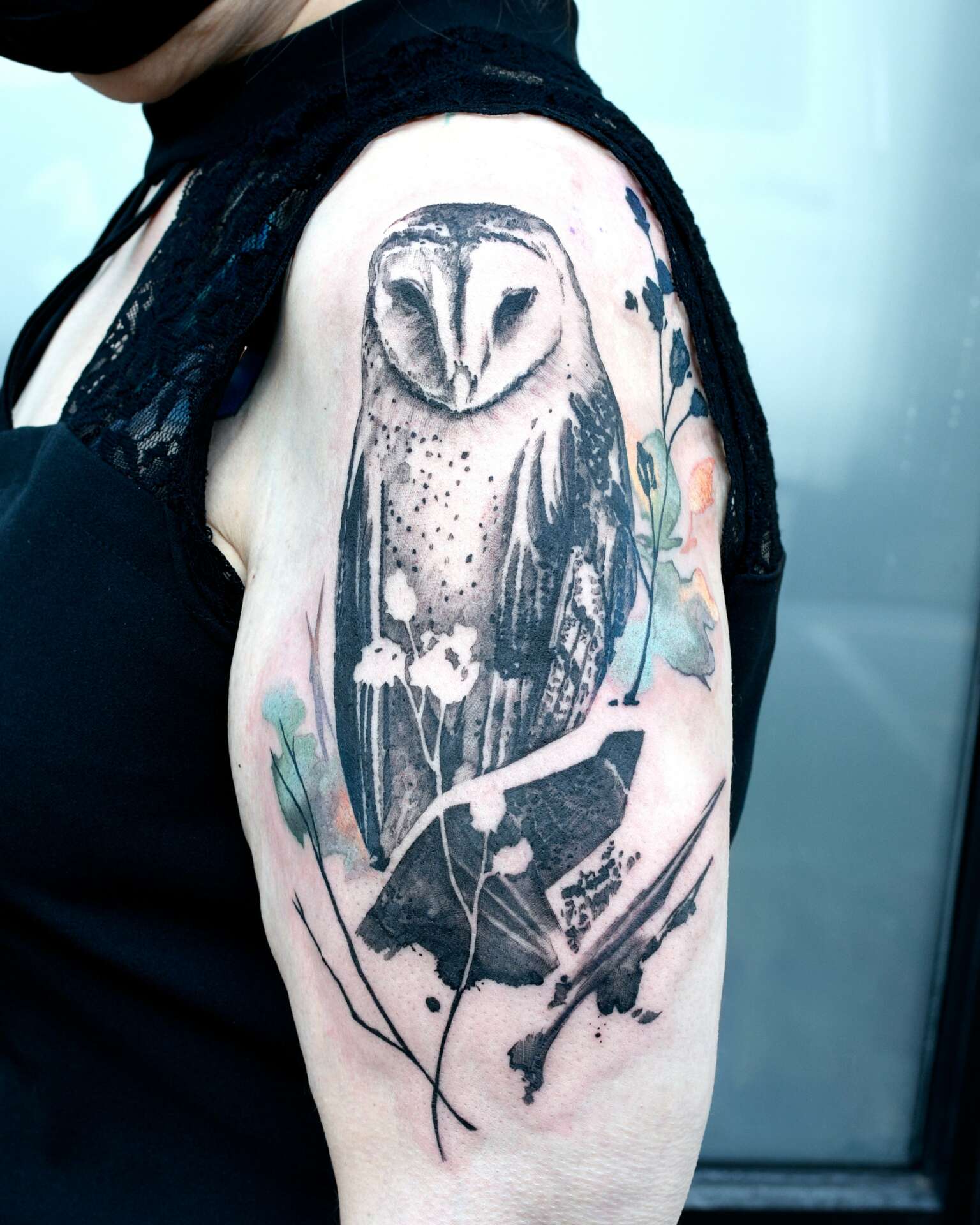
Do you think there is something that non-creatives might struggle to understand about your journey as a creative? Maybe you can shed some light?
One common misconception that I frequently come across is this idea that good artists are just born with some innate talent that makes them able to do the things that they do. Sure, people start out with different abilities and some things may come more naturally to one person than another, but the majority of what people tend to call talent is actually skill. It’s something that was learned, that someone spent hours working at and failing at before they got it right. If you expect to sit down with a piece of paper and a pencil and just be able to draw without first understanding something about light and shadow and line and composition and your own perception, then you’re going to be disappointed. Drawing, tattooing, painting; these are all skills that are learned and that take time and persistence to improve at. So if you aren’t good at something right away, that doesn’t mean you’re not talented or that you won’t be good at it in the future. You’ve got as good a chance at success as anyone else if you put in the time and effort.
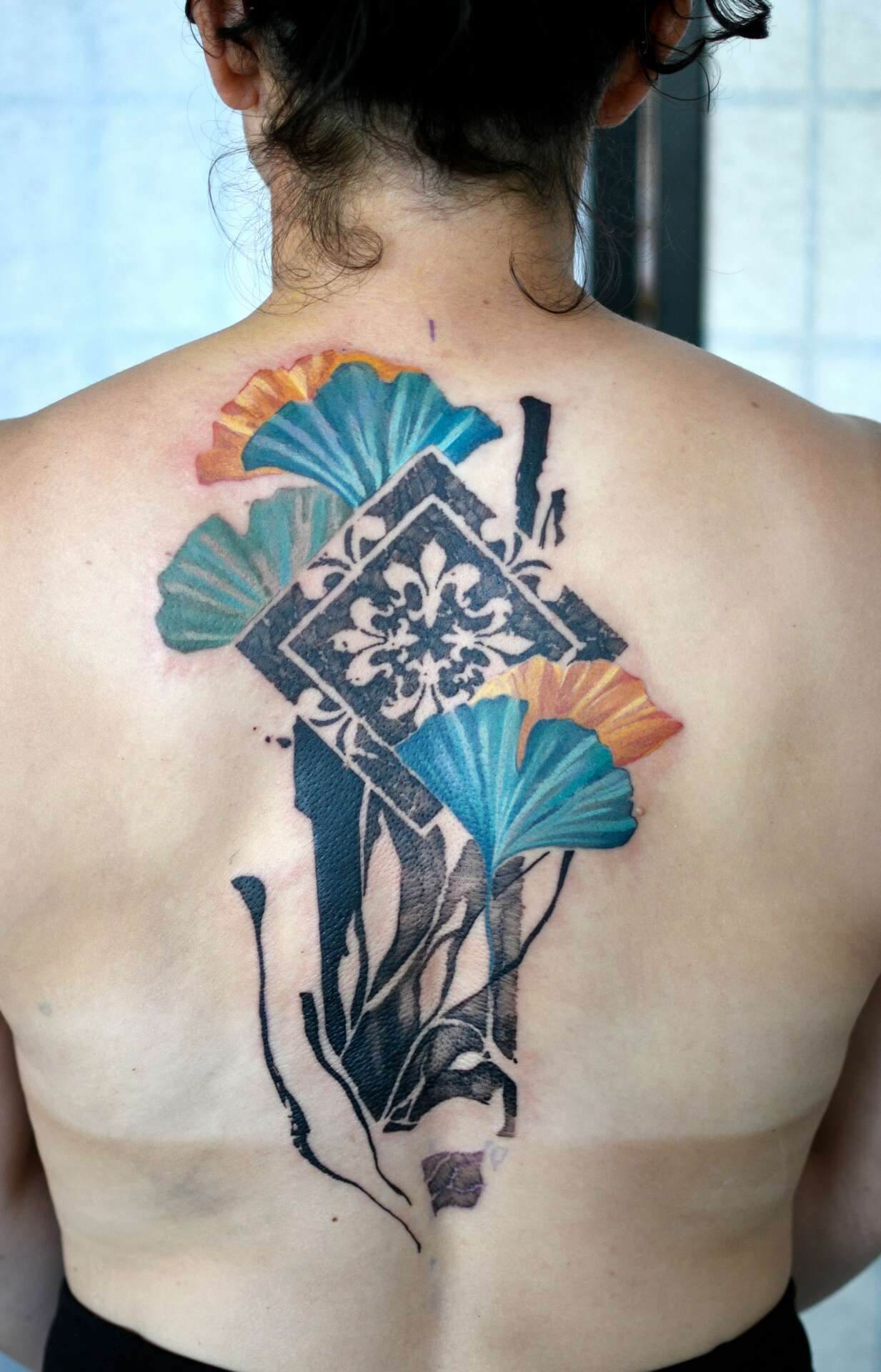
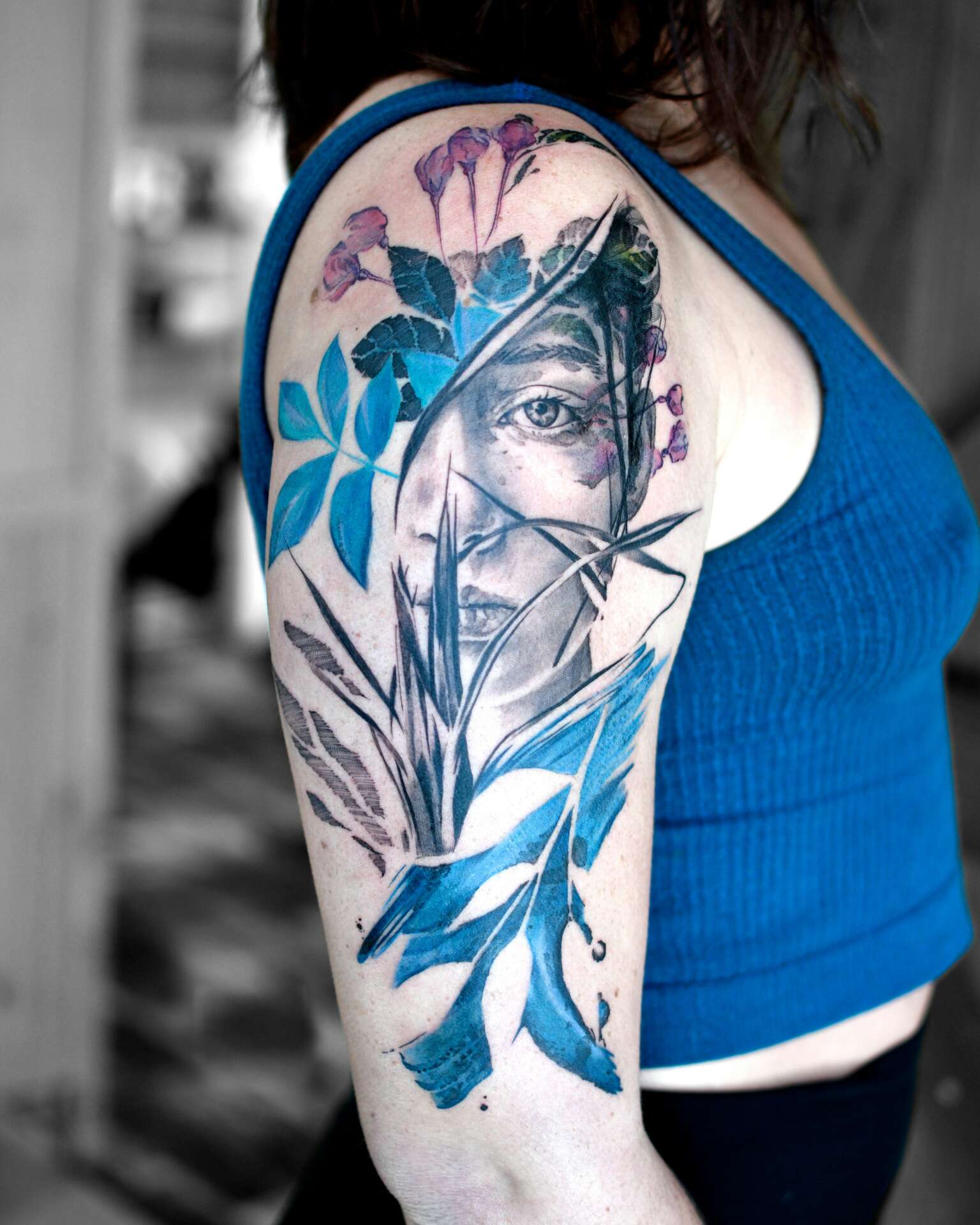
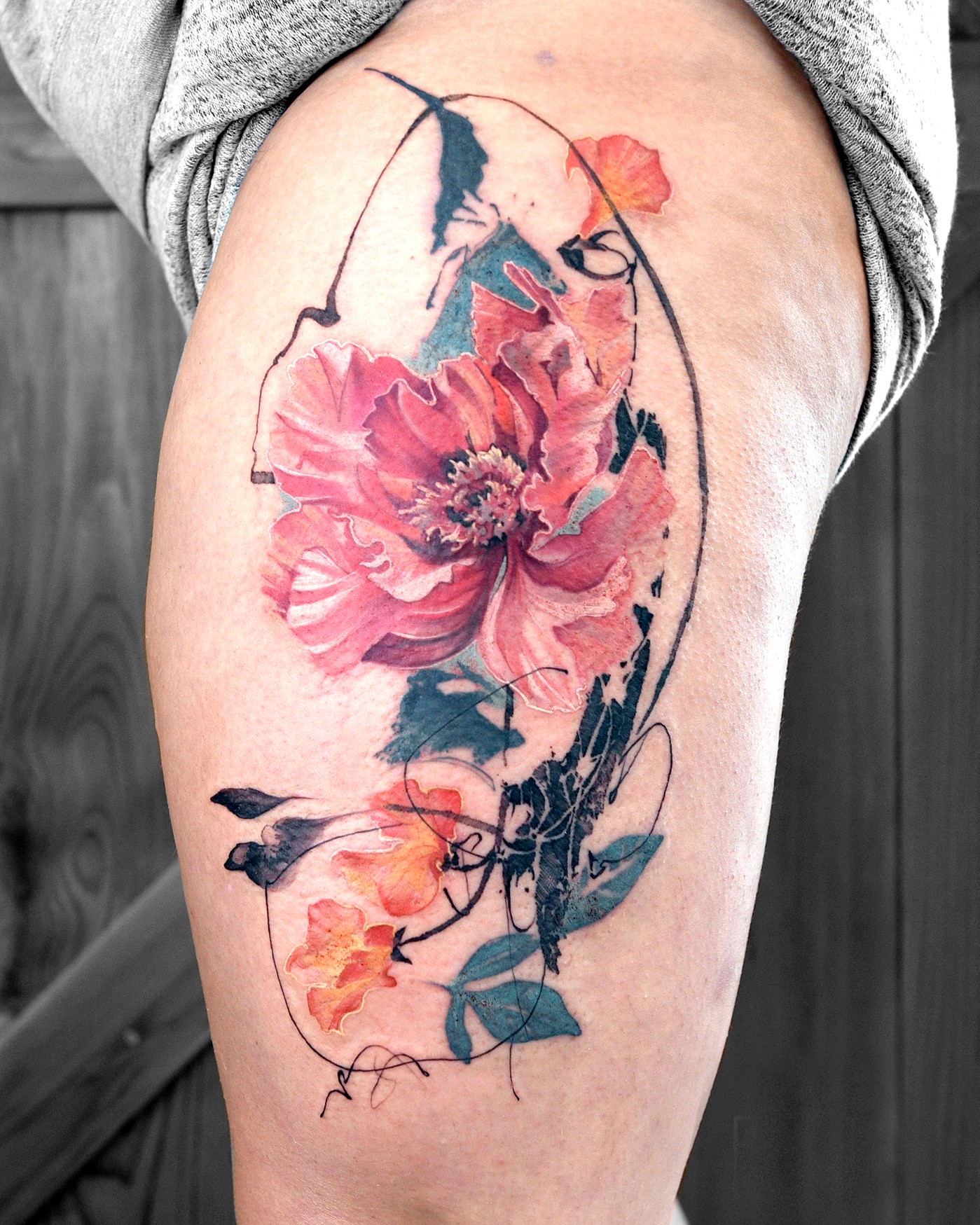
In your view, what can society to do to best support artists, creatives and a thriving creative ecosystem?
I think two of the greatest needs of creative people need right now are community and funding. People who work in the arts are notoriously underfunded, and especially for those who piece together a living on gig work or commissions or something similar, every little bit helps. One thing you can do is keep appreciating art in all it’s forms – go to performances, bring your friends, buy artwork or artisan-made objects rather than mass-produced products, shop local when you can and tip service workers if you can afford it. As for bolstering community, this one a little bit trickier but I think we can all do more. Rather than rely solely on the AI-curated realm of social media for our interactions, we need to create our own space and our own connections. You can do this in really simple ways like talking to someone whose work speaks to you and letting them know that you appreciate it, or making connections in your community by introducing creative people to each other. If you want to get a little more involved, facilitate interaction by creating events or spaces where creative individuals can meet. Physical space is really important to community and communal space especially is something that is really valuable not just to creative people but to the community as a whole.
Contact Info:
- Website: https://www.emma-larkin.com/
- Instagram: https://www.instagram.com/emmagracetattoo/
- Other: studio website: https://www.paintedsoularts.com/


